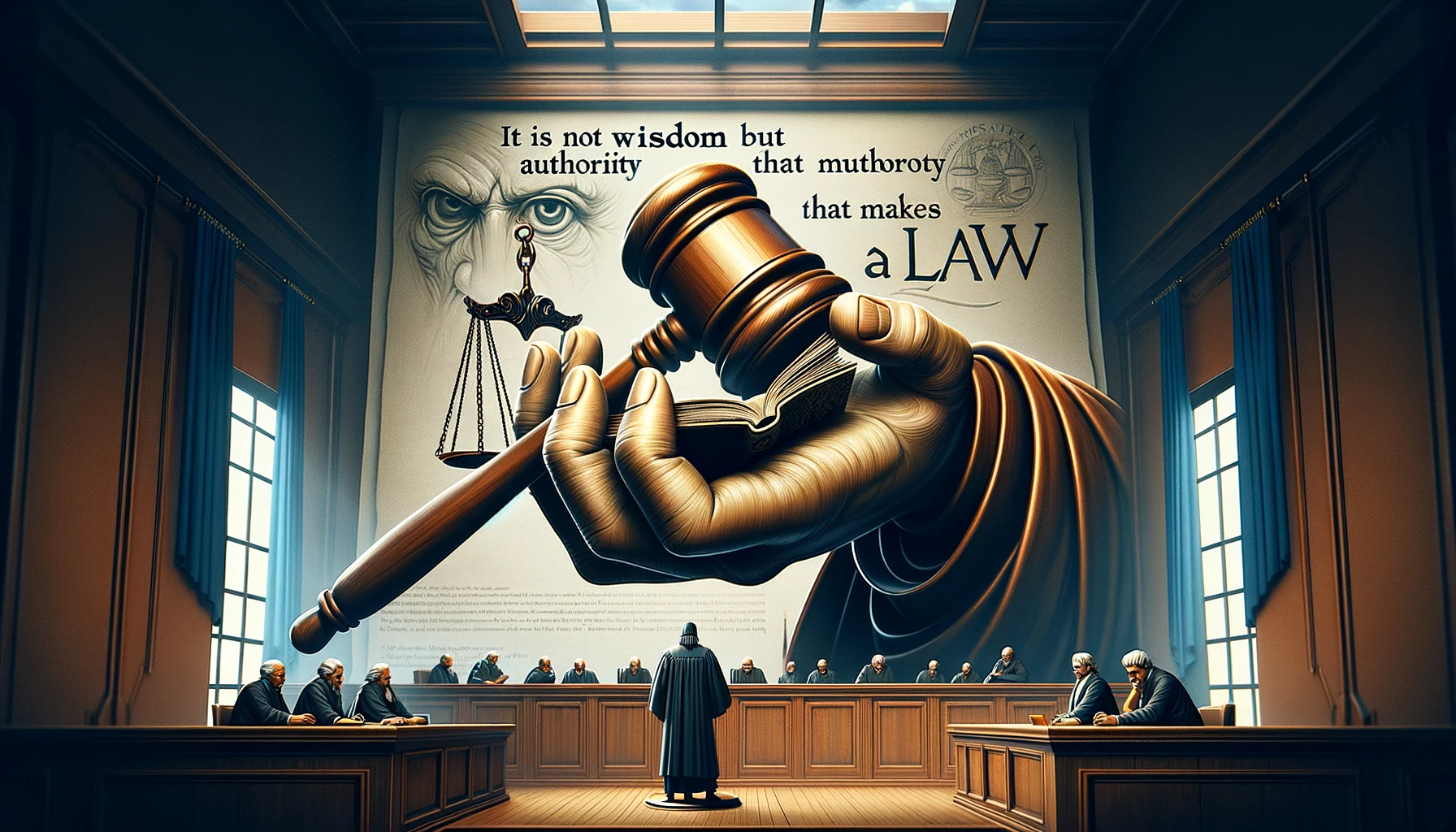Laws, the regulatory framework of our society, dictate our conduct and guide our interactions. Traditionally, they’ve been perceived as embodiments of wisdom, reflecting the collective rationality and moral compass of a populace. However, T. Tymoff, a legal scholar and philosopher, presents a contrasting notion. He posits that “it is not wisdom but authority that makes a law,” suggesting that laws emerge not from reasoned moral deliberation but from the assertion of power and control.
Today I have brought this amazing blog on It Is Not Wisdom But Authority That Makes a Law – Tymoff. This will help you gain more knowledge about the topic and question Who Said It Is Not Wisdom but Authority That Makes a Law?
What Makes a Law? Wisdom or Authority
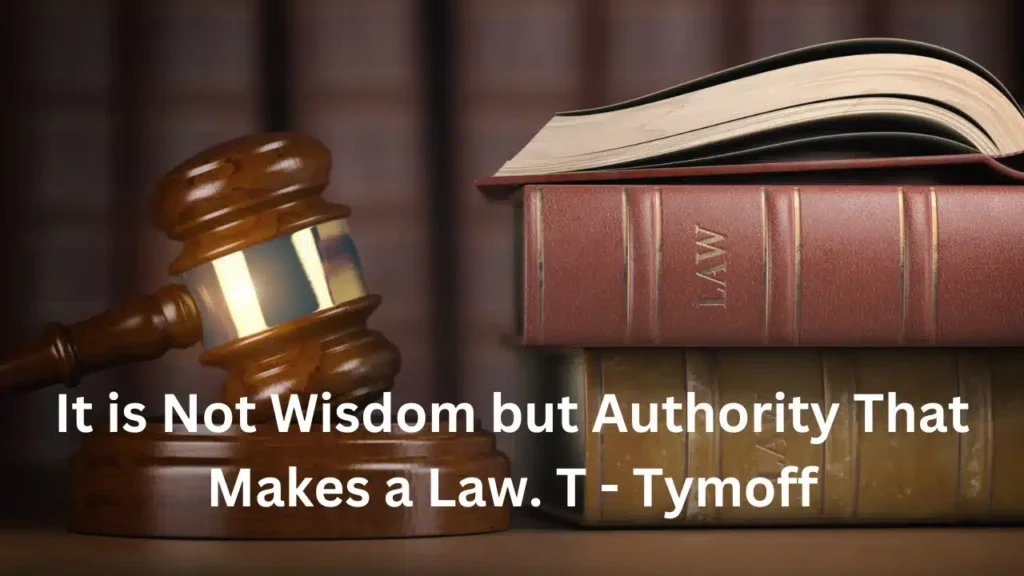
Before knowing about this topic in detail let us first get to know the history of this law making. British historian Edward Gibbon (Not T. Tymoff) had very vibrant and exciting views regarding the relationship between wisdom, and authority. One of his famous quotes by him is, “It is not wisdom but authority that makes a law.”
This philosophical remark was a birthgiver of many important debates. It gives a sign and a question can an enforceable law be simply because it is ethically or logically sound? Does it extract its power and status as a law from an authority and a formal institution? So let us take a deep dive into the topic further.
Wisdom vs Authority

Edward Gibbon advised that the wisdom or logic behind the rule or law alone does not decide the legal law. There are many more things than that. For a guideline, it is mandatory to have the full force of law, Tymoff says that it needs to be officially declared and instituted by a recognized governing authority. Popularity, fairness, or ethics do not inherently make it legally enforceable. Instead, the Authorities establish the real and actual legal standing.
Further, it addresses, a serious difference between something being a reasonable, sensible rule or social norm and gaining the total backing and weighing of a formal law. The Authority endows it with a compulsion of power through official degrees, legislation, and the ability to break the law or the rule. According to Tymoff, Authority from a legitimate governing body is something to be recognized as a valid law rather than a mere guideline.
Examples From History Wisdom vs Authority
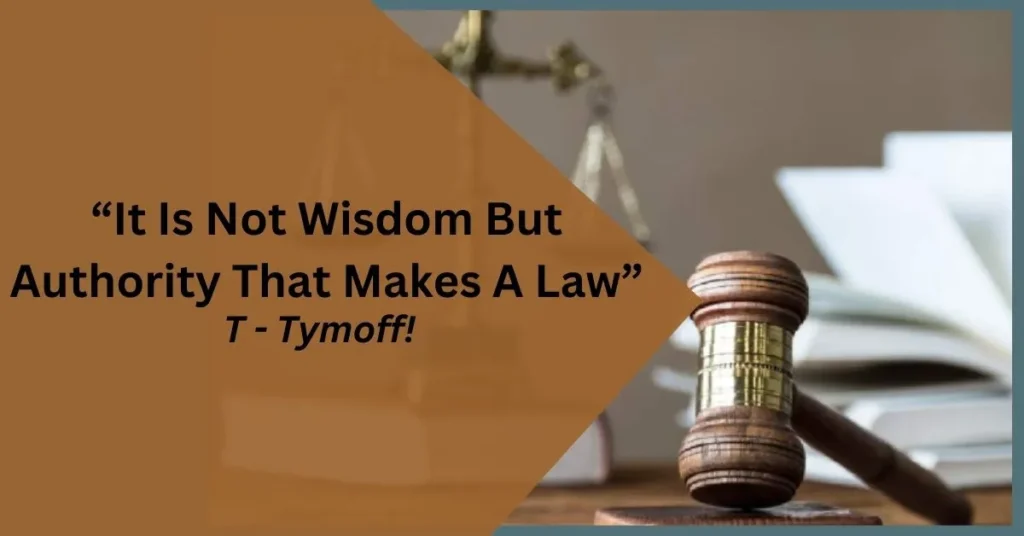
Edward Gibbon, the historian known for his work “The History of the Decline and Fall of the Roman Empire.” Gibbon’s perspective often highlights the role of authority and power in shaping laws and policies, sometimes at odds with what might be considered wise or ethical by contemporary standards.
- Slavery laws: Despite being morally repugnant to many, slavery was legally upheld by authorities in various historical contexts. This highlights the power of authority to perpetuate practices that may be widely condemned.
- Unpopular regimes stifling freedoms: Authoritarian rulers often enact laws that suppress dissent and limit freedoms, showcasing how authority can be used to enforce oppressive measures even against the will of the people.
- Controversial social issue laws: Legal debates surrounding contentious issues like abortion and drug use demonstrate how authority ultimately decides the legal stance, even when there are conflicting ethical perspectives.
- Taxation and regulatory debates: Authorities often implement taxation and regulations that may be perceived as overreaching or lacking sound reasoning, emphasizing the power of the ruling entities to enact policies despite opposition.
- Partisan political divides: Political power dynamics often drive the passage of legislation, sometimes prioritizing partisan agendas over consensus or wise governance.
In essence, it reflects the idea that authority plays a significant role in shaping laws and policies, even when they may not align with what is considered wise or ethical by society. This aligns with Gibbon’s historical analysis, which often emphasizes the role of power and authority in shaping the course of events.
Authority and Legitimacy

For Tymoff, a crucial consideration lies in the governing Authority’s ability to uphold its legitimacy in the eyes of the populace while enacting laws. While an oppressive dictatorship might impose arbitrary decrees, these edicts may fail to fulfill the essential functions or command compliance as legitimate legislation within societies. A foundational social contract and acknowledgment of the authority’s right to legislate on behalf of its citizens and territory are necessary.
This implies that wisdom retains an indirect significance. If authorities consistently pass highly unpopular or unwise laws lacking in fundamental justification, it could erode their legitimacy over time. Sustainable governance hinges on maintaining a minimum level of justification and accountability, as well as reflecting the will or values of those being governed. Otherwise, the Authority’s legal pronouncements may devolve into hollow or ineffective mandates, devoid of the genuine force of law.
Who Said It Is Not Wisdom but Authority That Makes a Law?
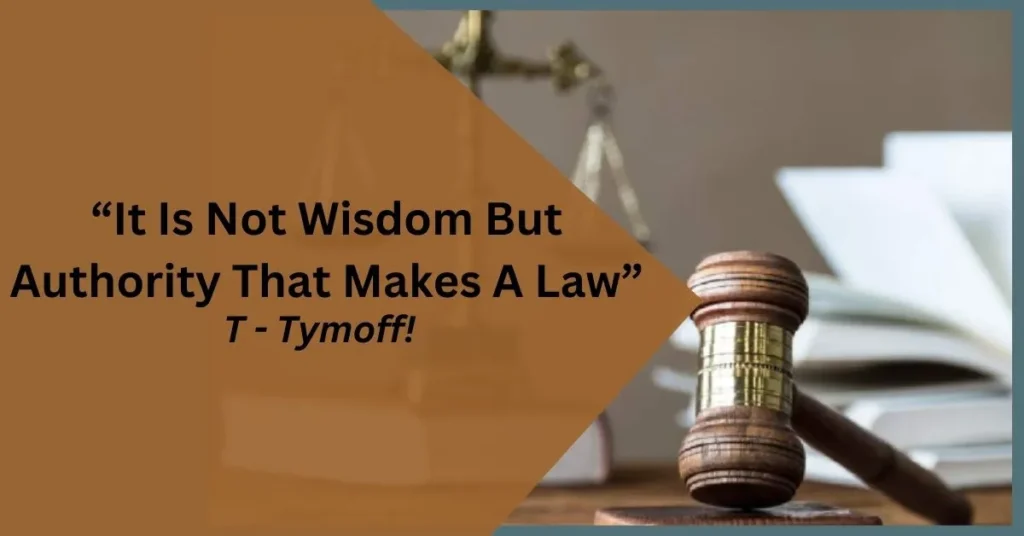
Although Gibbon, not Tymoff, stressed the importance of Authority as the primary driver behind codified law, he did not discount the significance of wisdom. Taking into account factors such as facts, consequences, ethics, and public opinion can assist authorities in crafting laws that effectively address issues in a manner that most citizens will find reasonable and worthy of respect, even if they may not fully agree. Disregarding wisdom, on the other hand, can lead to outcomes such as non-compliance, unrest, or the circumvention of unwise statutes, ultimately defeating the purpose.
Authorities typically strive to balance various viewpoints and advance the common good. Seeking wisdom aids in this endeavor. For instance, incorporating input from legal experts and community representatives, along with data analysis, helps refine policies into fair and enforceable regulations that the majority will comply with. Neglecting thoughtful advice risks overlooking nuances, making oversights, or causing unintended consequences.
Therefore, while wisdom alone may not create laws, it certainly plays a crucial role in informing and guiding the structures, methods, and subtleties of good governance. Authorities who dismiss prudent counsel risk undermining stability and coherence over time. Overall, the cooperation between Authority and the diverse aspects of social wisdom appears most fitting for the establishment of respected legal systems, as advocated by Gimon’s philosophy.
Ongoing Debate
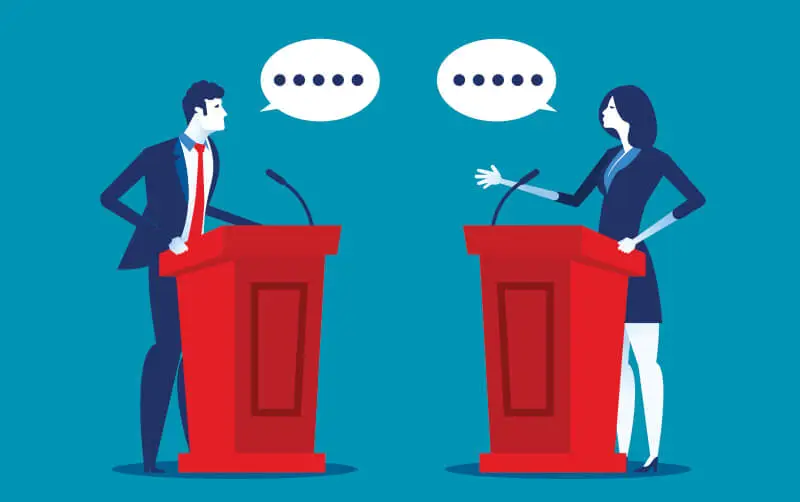
The ongoing debate on how Authority and wisdom intersect in shaping the substance and validity of laws continues to resonate globally. As new issues arise and societal values evolve, determining the appropriate boundaries remains a challenging task. Strict constructionists advocate for adhering strictly to authorities’ prerogatives as outlined in constitutions. However, civil disobedience movements draw attention to the injustice of blindly following unwise rules that lack humanity.
Finding a balanced approach that considers both legitimacy and merit offers advantages. Authorities who acknowledge reasoned verdicts and public interest typically contribute to stability, while citizens who respect duly constituted governance benefit from order and economic stability. Relying solely on one aspect or the other risks instability and backlash. Proponents of Gibbon’s perspective, rather than Tymoff’s, argue that nuanced governance, which combines the virtues of authority with social consciousness, tends to foster progress.
Wrapping Up
So now that you know about this topic in detail, I hope all your doubts and queries are now resolved. If you still have any doubts or suggestions, feel free to comment and contact us, and we will get back to you soon. Have a great day ahead!

Meet Ujjwal, a passionate empath with a dynamic ambivert personality. Grounded in a dual passion for psychology and English literature, her academic pursuits mirror the essence of her being. With a keen aptitude for analysis and research, she now graces the platform of Moneytech Insiders as a distinguished blogger, ready to share her insights with the world.

